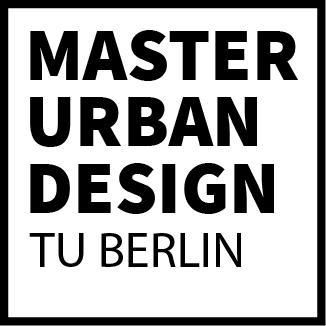This PhD thesis creates a knowledge basis that makes Lefebvre’s spatial concept applicable to the analysis of social problems. The actor-space-relationships are identified as interfaces for the prognosis of housing and open space strategies, which can be made visible with respect to their risk of expanding of an informal land market, but also as a potential for social and spatial regeneration in an urban context. Further growth, aggregation and differentiation in the favela complex caused by these interactions, can be demonstrated for the housing areas and open space. Therefore e.g. community based adapted strategies for land acquisition and financial compensation as learning effects and for income generation come to use. This has also an impact to the open space as remaining spaces of resistance with either a stable or unstable state of functionality, and with potential of reproduction and multiplication, but also for socio-spatial consolidation of informal settlements.


